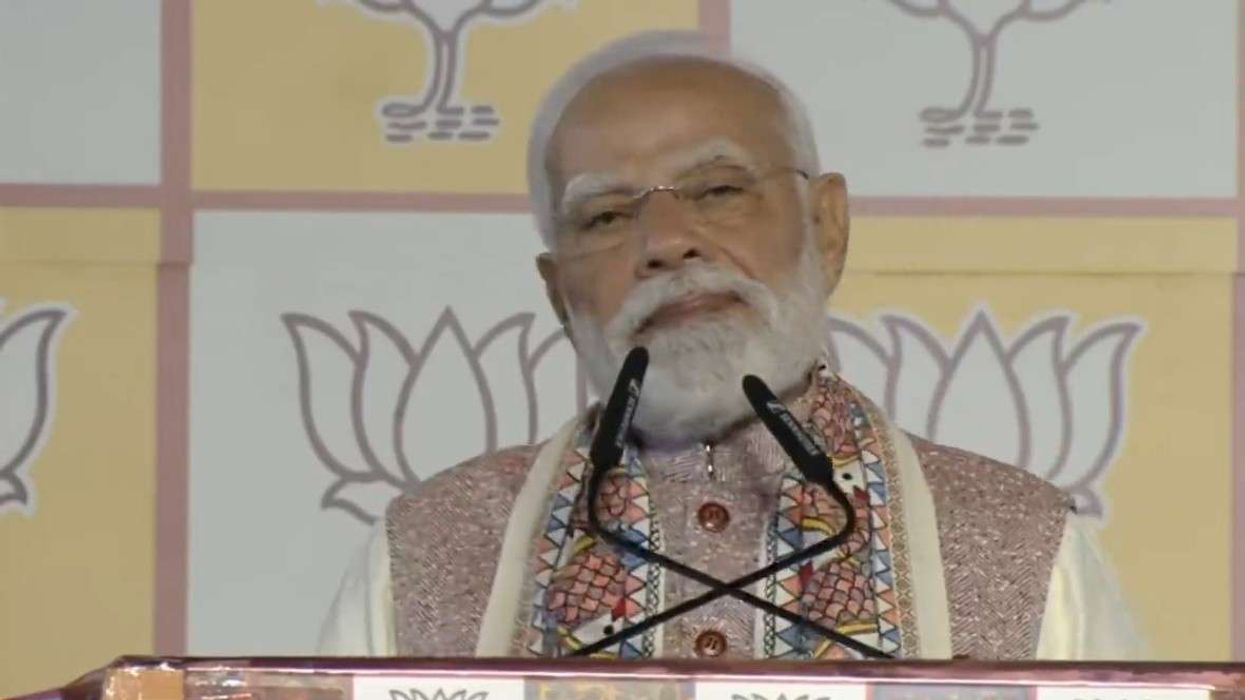by LAUREN CODLING
BRITISH Asian teenagers may suffer from stress and depression due to pressures to achieve, leading psychiatrists have claimed, as new statistics showed that mental health problems are now more common in young people than a decade ago.
A study released last month showed that 15 per cent of people born at the turn of the century have suffered depression during their teenage years.
In comparison, only nine per cent of those born in the early 1990s suffered with the illness.
The data, compiled by the University of Liverpool (UL) and University College London (UCL), also showed that rates of self-harm had increased from 12 per cent to 14 per cent over the same period.
Dr Dinesh Bhugra, emeritus professor of mental health and cultural diversity at Kings College London, told Eastern Eye that many young Asians from immigrant families can
face pressure to achieve which can cause mental health problems.
“Parental expectations and pressure often affect individuals and they may choose drugs or alcohol to deal with the stress,” Dr Bhugra, who is the former president of the Royal College
of Psychiatrists, said.
In south Asia, he noted, rates of suicide and attempted suicide increase around the time of examination results.
“This reflects pressures to achieve,” he said, adding that parents need to be sensitive and aware of any changes in mood or activity which may help identify problems.
“Talking to parents may not be easy, to children and adolescents should be encouraged to talk to others in the family, teachers and friends,” he advised.
“Teachers also need to be sensitive to these issues and may need training. Access to counsellors in schools is paramount, especially in a culturally sensitive manner.”
Dr Raj Persaud, a consultant psychiatrist in private practice in Harley Street, London, told Eastern Eye that high-achieving students can find themselves on a “treadmill of stress”.
This is due to the application rate and standards being reached by a larger number of students who are all competing for the same small number of places at elite universities.
“The number of high-grade applicants is going up and up, so because you just can’t create an elite university out of nothing… while the demand goes up and up, yet the supply stays
the same, so this puts more pressure than ever on high flyers today.”
Dr Persaud, who conducts regular seminars on mental health for young people at schools, advised parents “to be open to really knowing their children as they really are and not as they want them to be or hope they are”.
“This means that if you really know your kids as they really are when they appear under stress, you will be more likely to spot it,” he said.
He added that parents should be vigilant for the more subtle signs of stress, such as an individual being less cheerful or isolating themselves.
Last Tuesday (19), a UK parliamentary report suggested that young people who are heavy users of social media have worse mental health than lighter users of the same age.
According to the All-Party Parliamentary Group (APPG) report on social media and young people’s mental health and wellbeing, more than a quarter of young people who spend three or more hours per day on social media have symptoms of mental illness.
Dr Bhugra agreed that the increased usage of social media in modern society is having an impact on young people.
“It is worth noting the role of social media in adding to the stress related to poor self-esteem,” he said. “There have been instances of young people harming themselves due to lack of enough affirmation on social media.”
He added that social media companies, such as Instagram and Facebook, have a moral and ethical duty to look at cultural nuances and differences.
Additional findings from the UL/UCL study found teenagers tended to sleep less hours and were more likely to be obese, compared to the children of the 1990s.
Dr Suzanne Gage, co-author of the study, said the statistics “really highlight” the scale of mental health problems within young people.
“The next step is to understand why these increases are occurring, so young people can be supported better,” she said.












